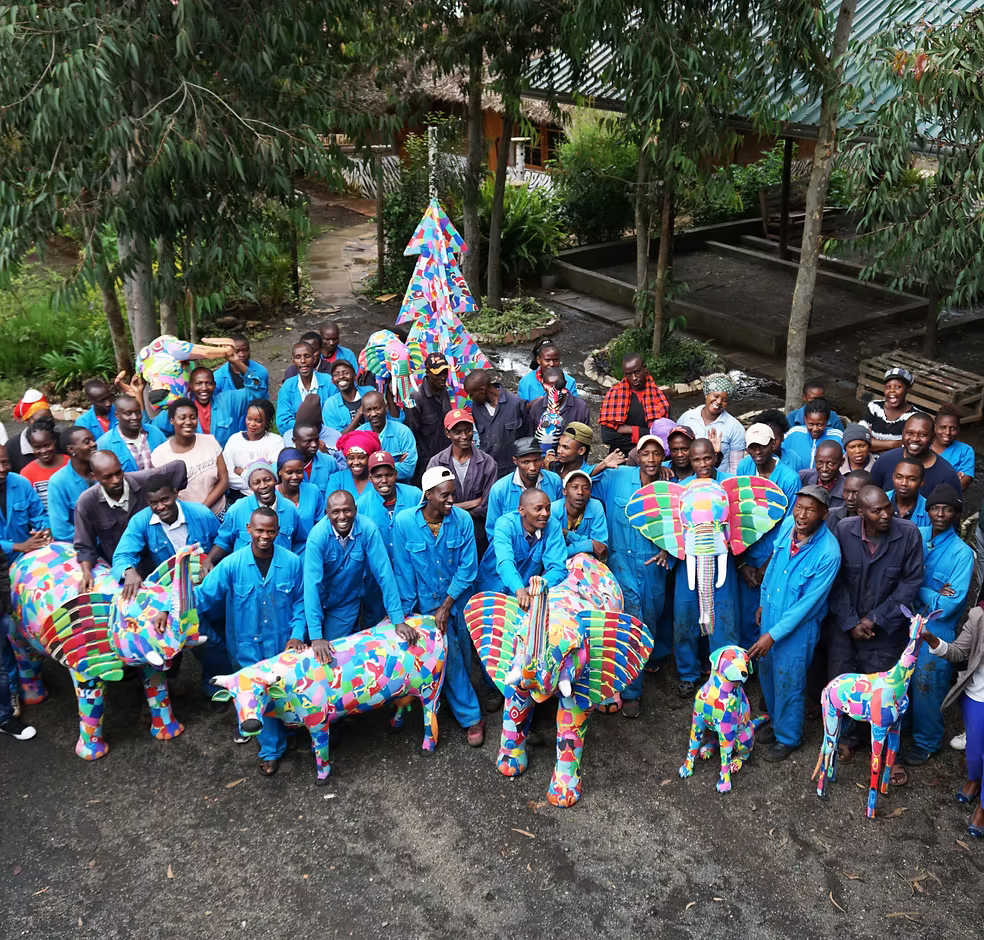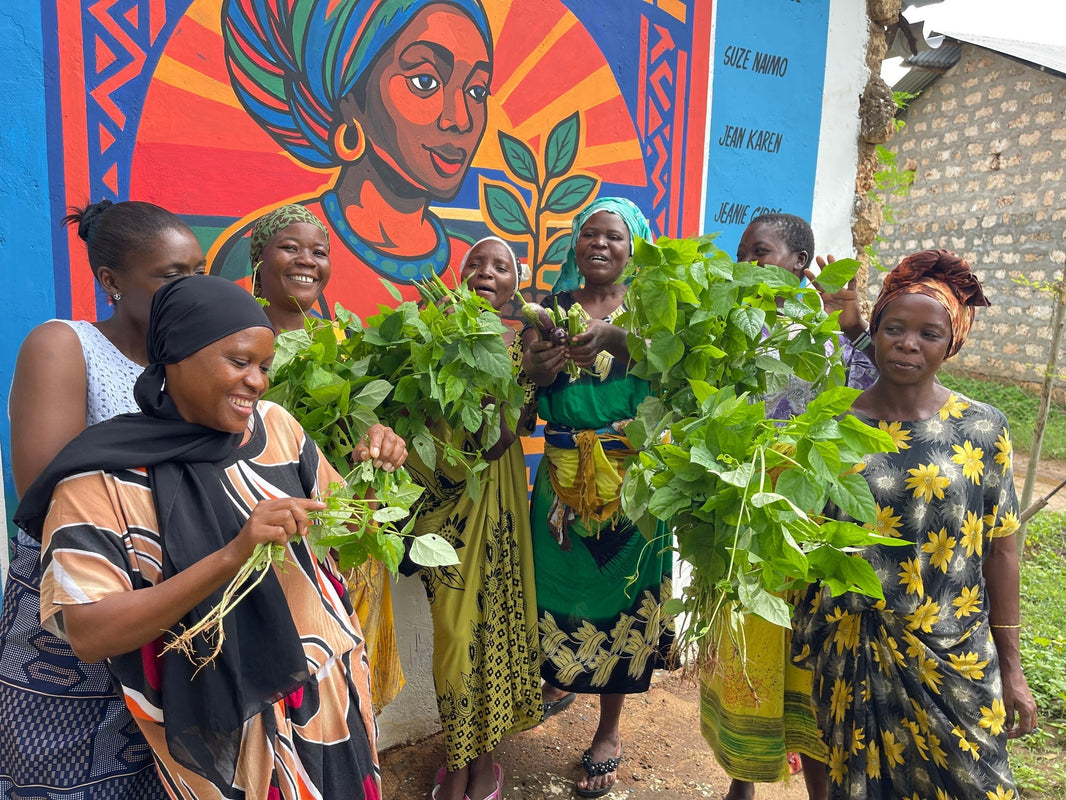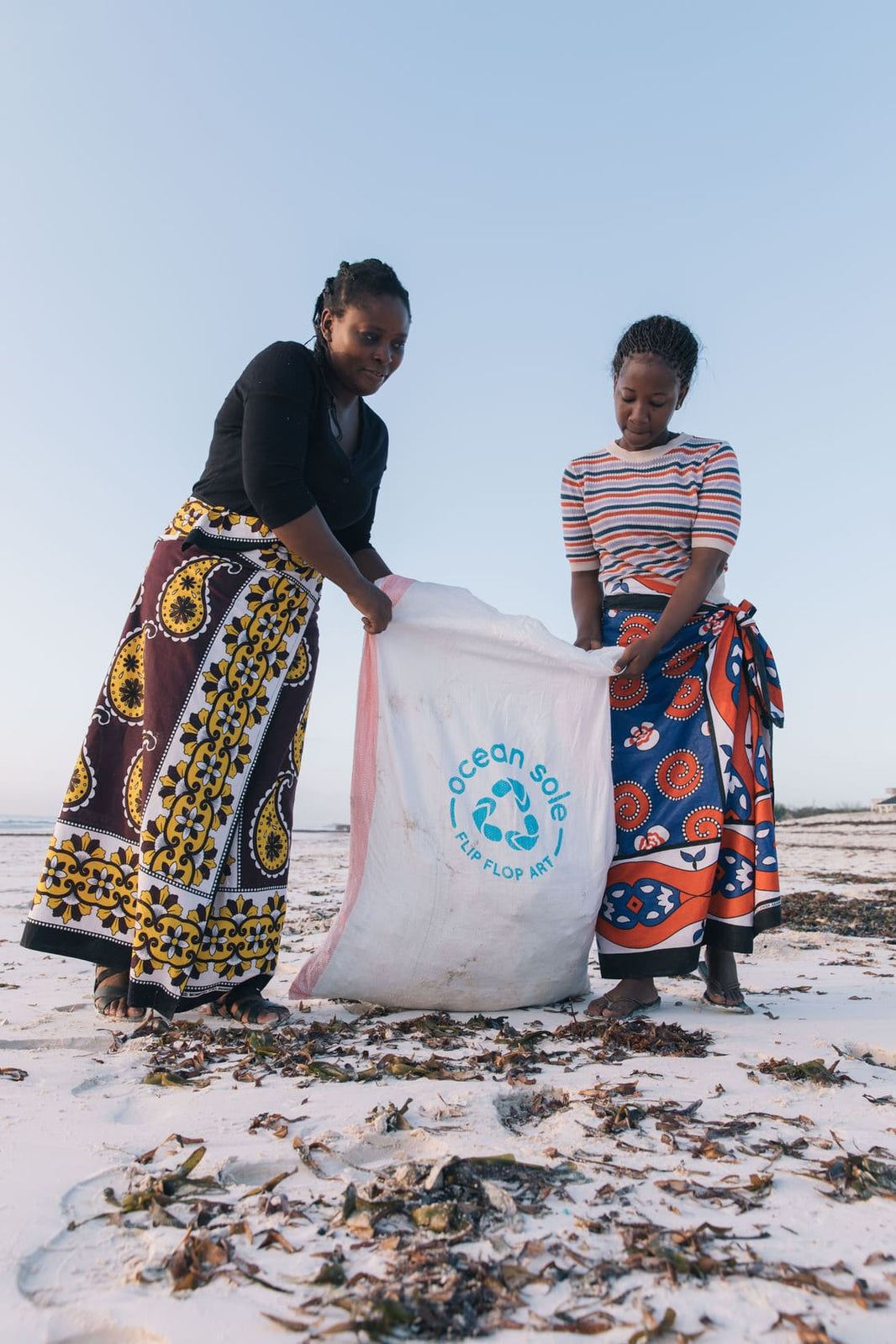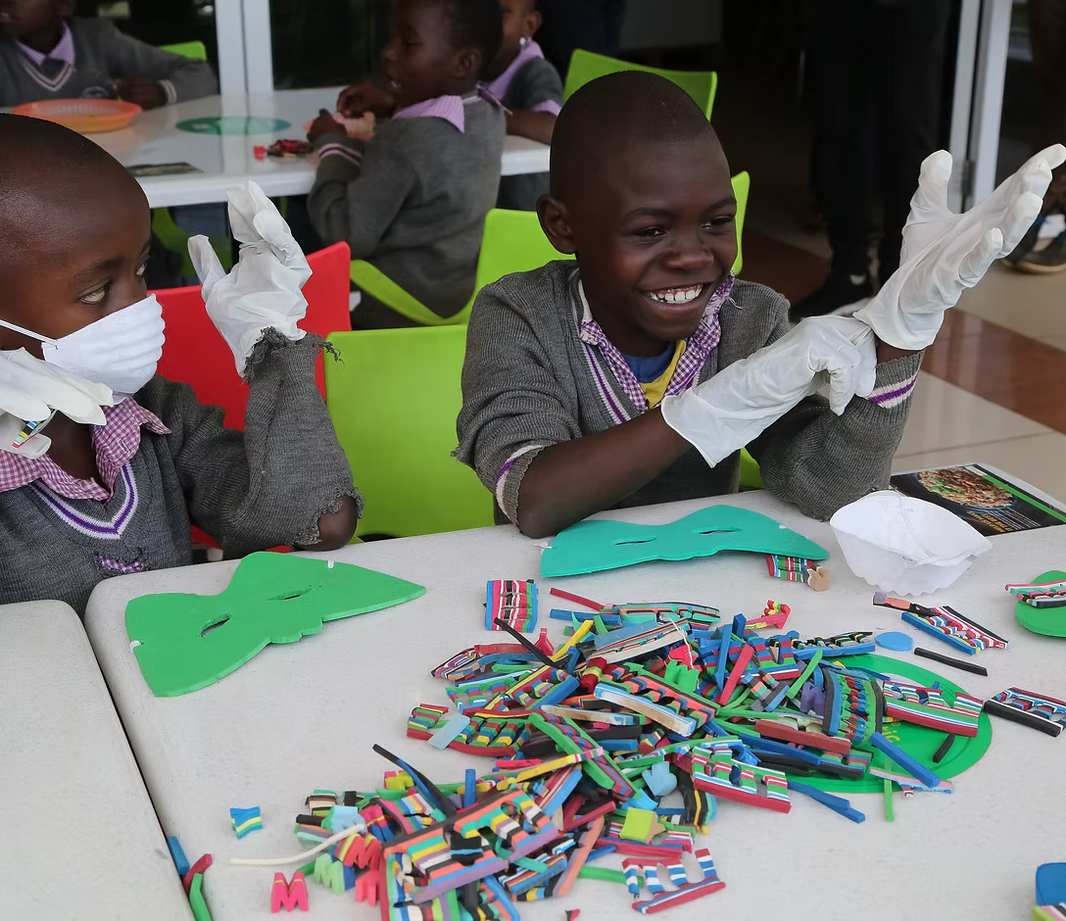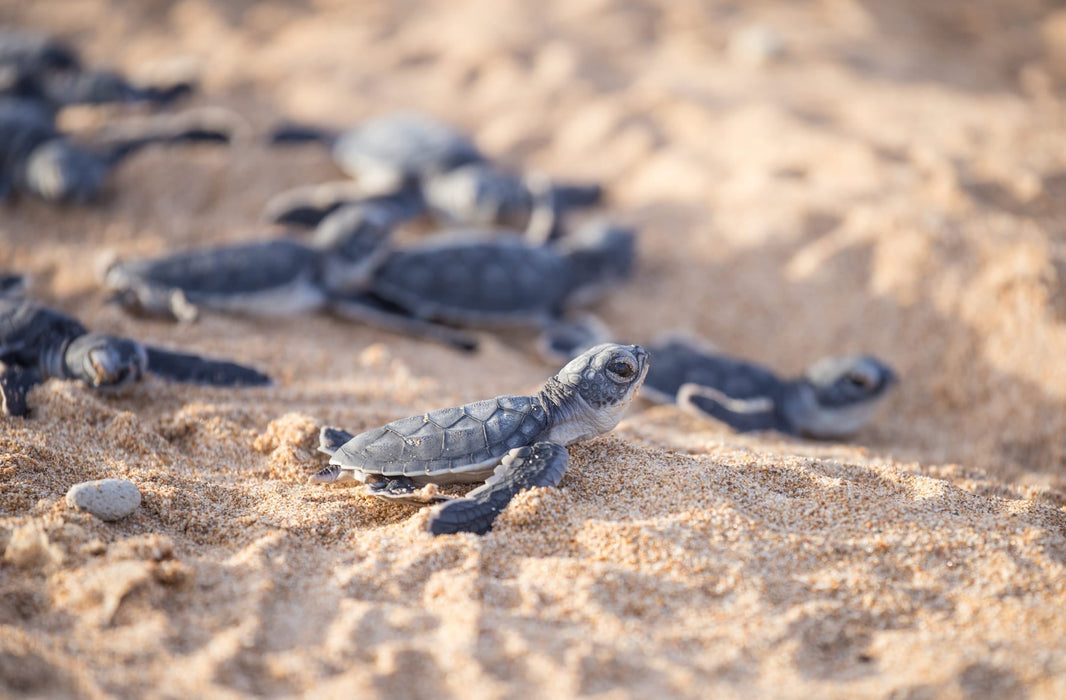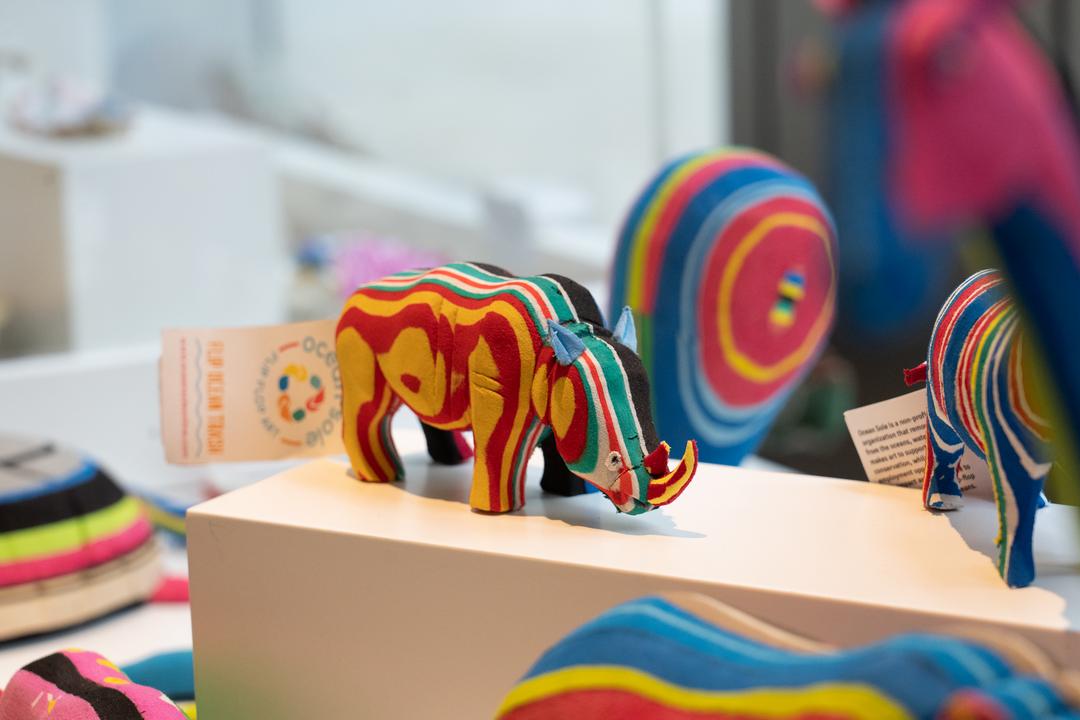Today, we had an incredibly uplifting meeting with 18 of our local fishermen to mark World Food Day, and I am thrilled to share our experiences! The gathering provided a wonderful opportunity for us to connect, learn, and discuss the pressing challenges these resilient individuals face.

We kicked off the meeting with introductions, and the fishermen openly shared their struggles regarding the dwindling fish stocks. Over the past few years, many have been forced to venture further from shore to catch fish, often risking their lives in rough seas. One older fisherman shared a heart-wrenching story about how he no longer sells his catch because he needs to keep what little he catches to avoid starving. This heartfelt moment highlighted the pressing need for alternative food sources within our community.
The meeting took place after the morning catch, or rather the lack thereof, as many of the fishermen returned with an average catch of below 2 kg. The sea was particularly rough today, with waves crashing frequently, and only one fisherman came equipped with flippers slung over his back. I couldn't help but wonder how the others managed to swim that far out without them!

Despite the challenges, the atmosphere was jovial, filled with laughter and camaraderie. Thomas introduced the Three Sisters planting method, which involves cultivating maize, beans, and squash together. This ancient technique not only optimizes space but also supports plant health, with the beans fixing nitrogen in the soil and the squash providing ground cover to retain moisture.

Each fisherman received packets of seeds for maize, beans, and squash, labelled with instructions on when to plant each variety. Kioko, another core member of our team, demonstrated how to create natural and attainable pesticides using neem oil, soap, and chilli water. The fishermen were highly engaged, asking numerous questions, and two of them even helped demonstrate how to make the pesticides.

A latecomer to the event, a mzee, was met with a warm welcome. Salim, another fisherman, took it upon himself to explain the planting techniques and pesticide preparation, showcasing the collective spirit and engagement of the group.

As the meeting came to a close, we enjoyed sodas and buns while the fishermen left, seeds and homemade pesticides in hand, visibly content and eager to try the three methods they had learned today. We’ve scheduled monthly meetings to check on their progress, assess the effectiveness of these techniques, and brainstorm additional ways to provide support.
By promoting alternative food sources through sustainable agriculture, we hope to relieve some pressure on the fisheries. This approach not only aims to improve food security for our fishermen and their families but also contributes to the health of our marine ecosystems. Reducing reliance on fishing can help restore fish populations and preserve the delicate balance of our coastal environment.
Together, we are taking steps toward a more sustainable and food-secure future. Thank you to everyone who participated today—your resilience and commitment to change are truly inspiring!
#WorldFoodDay #FoodSecurity #SustainableFishing



